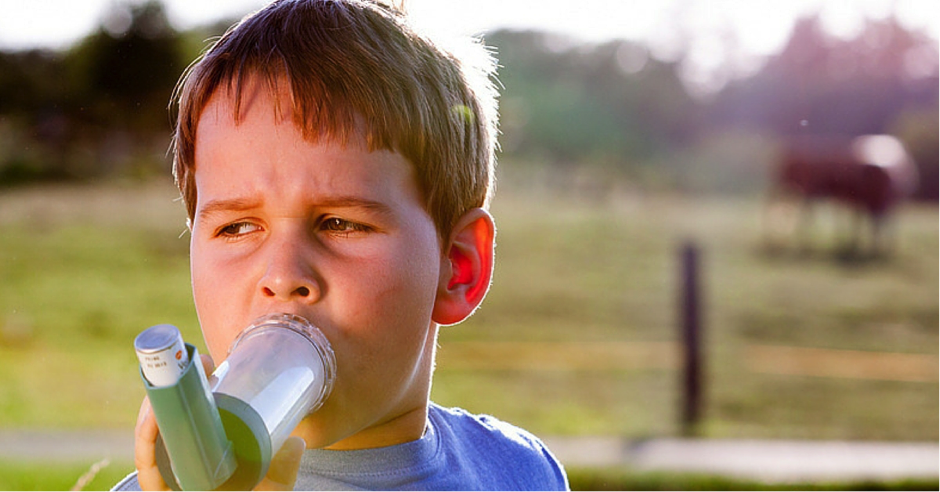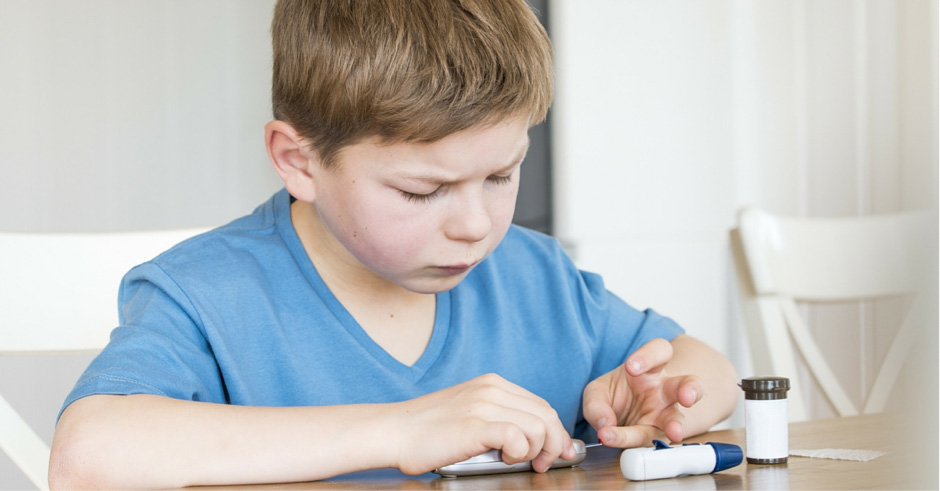Clinical depression is more than just feeling down for a while. It is a serious illness where negative feelings are intense and end up persisting over weeks and months. Depression can have a major impact on your everyday life and is not something that you can easily overcome by yourself.
The condition has become a worldwide leading cause of disability, and is a high-risk factor behind self-harm and suicides. In Australia alone, one in five people end up experiencing depression in their life. If you think you or someone you know has developed depression, you are not alone.
Symptoms of Depression
The symptoms of depression are usually easy to spot. They can include;
- Feeling unhappy and teary most of the time
- Feeling tired most of the time
- Feelings of restlessness
- Feeling worthless and guilty most of the time
- A loss of interest or pleasure in day-to-day activities
- A significant change in your weight or appetite
- A significant change in sleep habits
- Slower movements and speech
- Reduction in concentration
- Having suicidal thoughts
Unsurprisingly, a combination of these symptoms can cause you to want to withdraw from social interaction and stop you from doing activities that you usually enjoy. This can then develop into a spiral of depressed feelings, thoughts and behaviours, which can ultimately lead to isolation and the inability to keep on top of personal and professional tasks.
Depression can also come with some physical symptoms, such as;
- Headaches
- Muscle pains
- Indigestion
- Constipation or diarrhoea
- Lowered sex drive
Causes of Depression
Clinical depression is a complicated illness. Often there is more than one cause. It can be triggered as a result of a stressful life event, however others may end up affected by depression completely randomly. Combinations of the following factors are thought to behind the causes of depression;
- Genetic factors. Experts believe that an imbalance of brain chemicals can trigger depression. Some people may find that they have a genetic tendency to develop depression, yet scientists are still questioning the validity of this theory.
- Stressful life events. Often events such as the loss or breakdown of a relationship or job and generally unhappy experiences can trigger the onset of depression. This is because we typically believe that such close relationships and our careers give us a purpose in life, so a loss of ‘purpose’ can cause negative emotions.
- Medicines. The long-term use of some medications such as blood pressure tablets, sleeping pills, and some oral contraceptives can trigger depression in some people.
- Alcohol and recreational drugs. Such substances and a heavy reliance on them can contribute to depression, possibly because of how alcohol and drugs affect brain neurotransmitters.
- Chronic illnesses. Such as diabetes, heart disease, cancer and Alzheimer’s have been shown to be factors which increase the risk of depression.
- Personality. Sometimes people with traits such as being overly dependent, self-critical, pessimistic or easily overwhelmed are more likely to have more difficulty coping with negative emotions and thoughts.
Depression is not something which can be easily predicted or self-controlled. If you think you have depression, don’t feel reluctant or embarrassed to seek help. Make an appointment to see your doctor to get a professional diagnosis and appropriate medical care.
Depression can be treated when proper medication and support is offered. The sooner you seek help, the sooner you can improve your condition and get back to your normal life.





